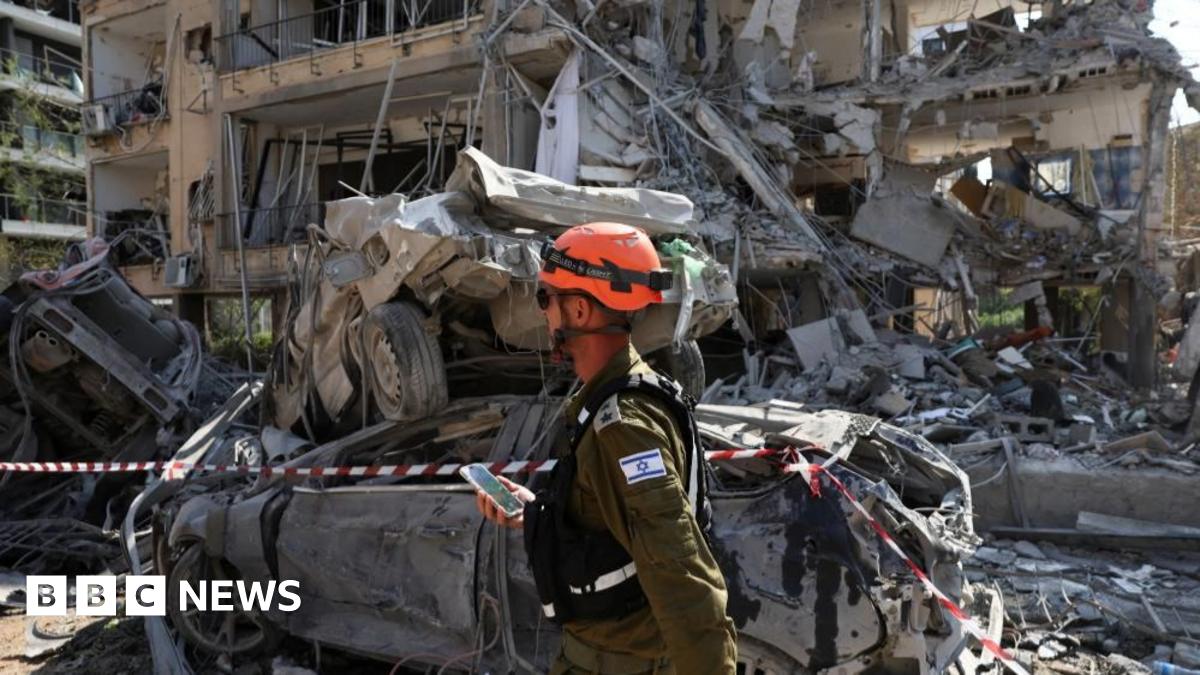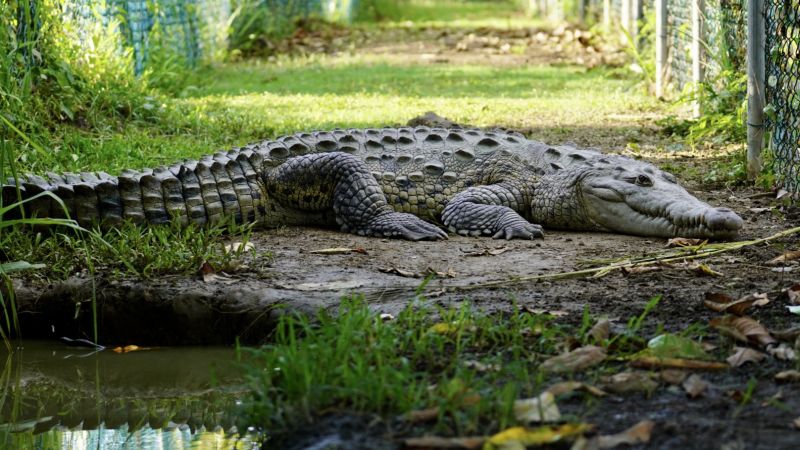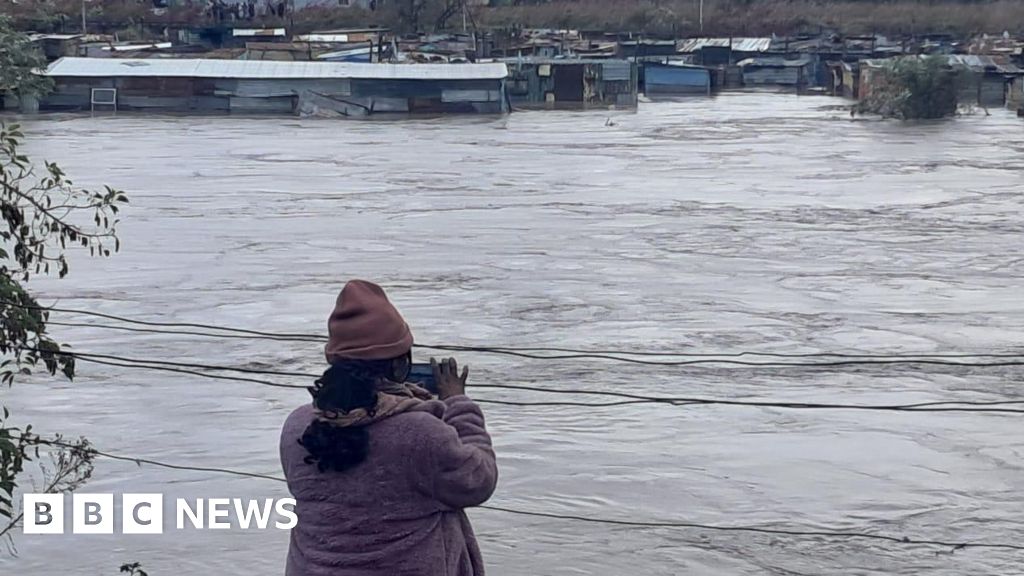Hong Kong Tightens Grip: Democracy Crackdown Escalates Amid US Focus Elsewhere

Hong Kong's democratic space continues to shrink as authorities, in a coordinated move with mainland China's national security apparatus, intensified a crackdown on pro-democracy voices. Recent raids targeting activists and organizations signal a worrying trend, occurring against a backdrop of shifting global attention, particularly from the United States.
In a significant display of force, Hong Kong police, working alongside officials from China's National Security Law enforcement division, executed a series of raids across the city. Six individuals were apprehended, and the offices of a prominent pro-democracy organization were searched. Details regarding the specific charges remain limited, but the operation underscores Beijing’s unwavering commitment to suppressing dissent in the former British territory.
The timing of this intensified crackdown is noteworthy. The United States, grappling with domestic political turmoil and international crises, appears increasingly distracted from the situation in Hong Kong. This perceived lack of sustained pressure from Washington has emboldened Beijing to further tighten its control over the city, effectively eroding the freedoms and autonomy that were once hallmarks of Hong Kong's identity.
The Impact on Civil Society: The raids represent a chilling effect on civil society groups and independent media outlets in Hong Kong. Many organizations have already been forced to shut down or relocate, fearing reprisal from the authorities. The current actions further restrict the ability of citizens to freely express their views and participate in political discourse. Activists are facing increasingly harsh penalties, including lengthy prison sentences, for activities deemed to be subversive or secessionist under the National Security Law.
China's Perspective: From Beijing's perspective, maintaining stability and national security are paramount. The National Security Law, imposed on Hong Kong in 2020, provides a legal framework for suppressing perceived threats to China’s sovereignty. Chinese officials maintain that the law is necessary to restore order and prevent foreign interference in Hong Kong's affairs. However, critics argue that the law has been used to stifle dissent and undermine the city's judicial independence.
The Future of Hong Kong: The future of Hong Kong hangs in the balance. As Beijing consolidates its power, the city's unique identity and its role as a global financial hub are increasingly at risk. The international community faces a difficult challenge: how to balance concerns about human rights and democratic values with the need to maintain economic and diplomatic relations with China. The recent crackdown serves as a stark reminder of the fragility of freedom and the importance of continued vigilance in defending democratic principles worldwide.
What's Next? Analysts predict further tightening of control in Hong Kong, with more restrictions on freedom of expression, assembly, and the press. The international community is likely to face increasing pressure to respond, although the effectiveness of sanctions or other measures remains uncertain. The situation in Hong Kong will continue to be a key test of the global commitment to human rights and democratic values in the face of authoritarian expansion.





